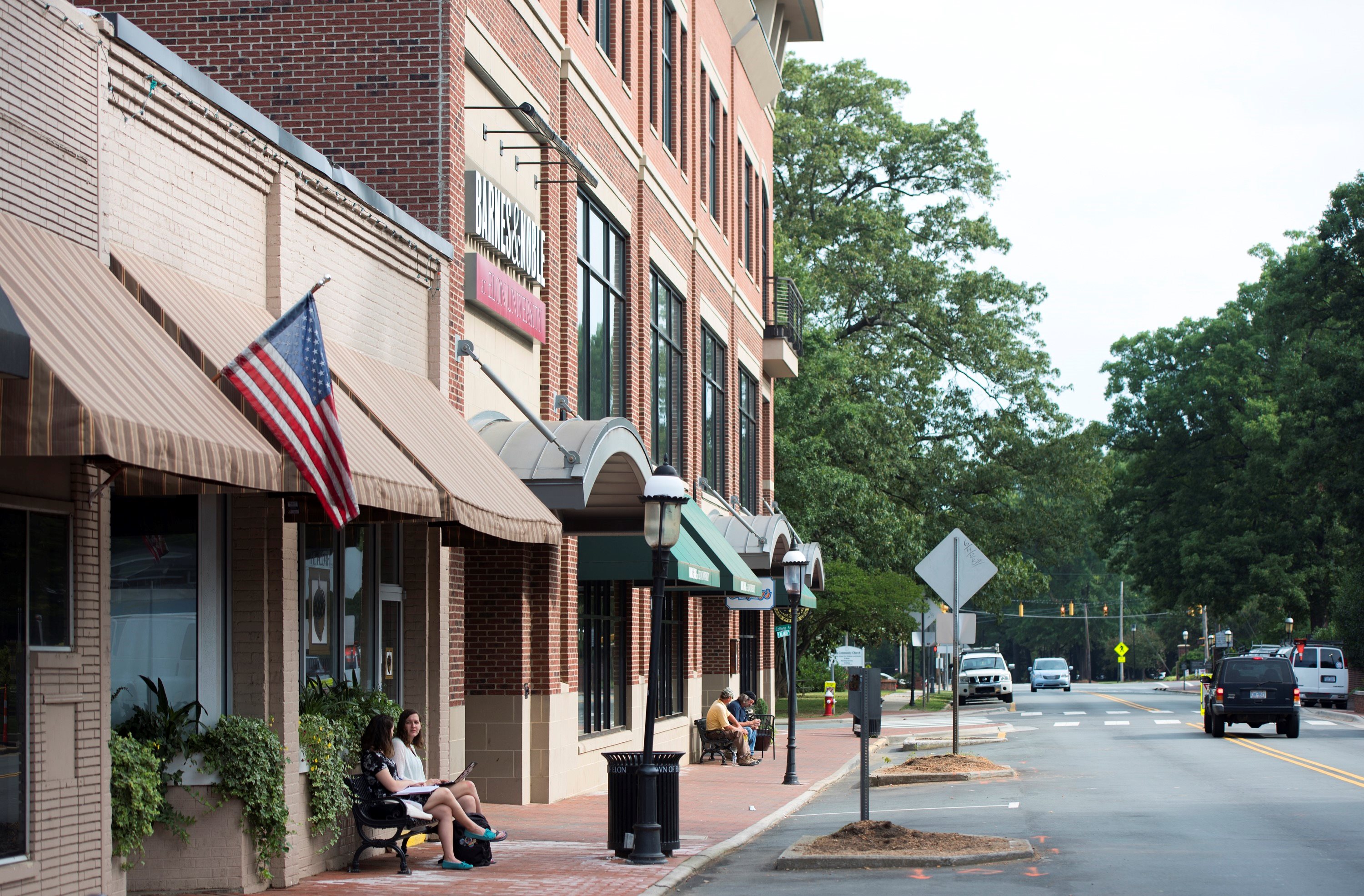Assistant Professor of Entrepreneurship Elena Kennedy discusses ways that local business owners are adapting to changes in the economy brought about by the COVID-19 outbreak response.
Restaurants and retailers in the Elon community and across the country are pivoting in response to new restrictions and changes in how people gather and interact.

Assistant Professor of Entrepreneurship Elena Kennedy has seen a number of local business owners tap into technology and collaboration to make it through challenging times as their tables remain empty and their customers stay home.
“There has been a lot of disruption, particularly following the governor’s order that food businesses needed to close their dining rooms,” Kennedy said. “A number of business made decisions in 24 or 48 hours that would normally take small businesses months to make.”
Those moves included shifting to take-out and delivery, how to bring on new partners to supplement their offerings and how to integrate new technological tools into their business models. Kennedy pointed to how The Root restaurant in downtown Elon quickly partnered with DoorDash, a company that facilitates door-to-door delivery for restaurants while Pandora’s Pies, another downtown Elon restaurant, moved to delivery by employing existing staff and in-house resources.
Businesses have also quickly moved to partner with one another, Kennedy notes. For instance, Smitty’s Homemade Ice Cream, which has three Alamance County locations, is working with restaurants offering free delivery of ice cream when an order is paired with a delivery order from Pandora’s Pies of Burlington Beer Works.
Additionally, Burlington Beer Works, a brewing cooperative and restaurant, has reached out to community brewers to see about using canning machinery to make its beers, which had previously only been offered on tap, available for sale to go. Kennedy said a local brewery responded by offering the use of its canning equipment to the co-op.
“That’s a huge shift in model and infrastructure,” Kennedy said. “Tracey Schmidt, the general manager for Burlington Beer Works, led that shift in days, which is really quite remarkable to think about.”
Restaurants have also examined their menus to see how to adapt them to the current business model, which relies upon food being made for takeout or delivery, Kennedy said. “A lot of the general managers have been thinking carefully about what is better for takeout and what travels better, and they may stay as staples on their menus after this,” she said.
Small, local businesses such as restaurants are also focusing on outreach to the community to let them know how valuable their support during this time when their business models have been upended, and to see ways they can support each other. Kennedy said she has been told by Claire Haslem, one of the owners of The Eddy Pub in Saxapahaw, that entrepreneurs and community members are coming together to form a community fund that would provide grants, as opposed to loans, to small businesses in our community to help them survive this disruption
“The biggest thing that we can do for the businesses we love is to order takeout or delivery, if that’s an option, or purchase gift cards if we’re not close by,” Kennedy said. “Small businesses have supported community activities for a long time, and have been big supporters of the university and our students. If we want them there when this is all over, we need to think about ways we can support them now.”



